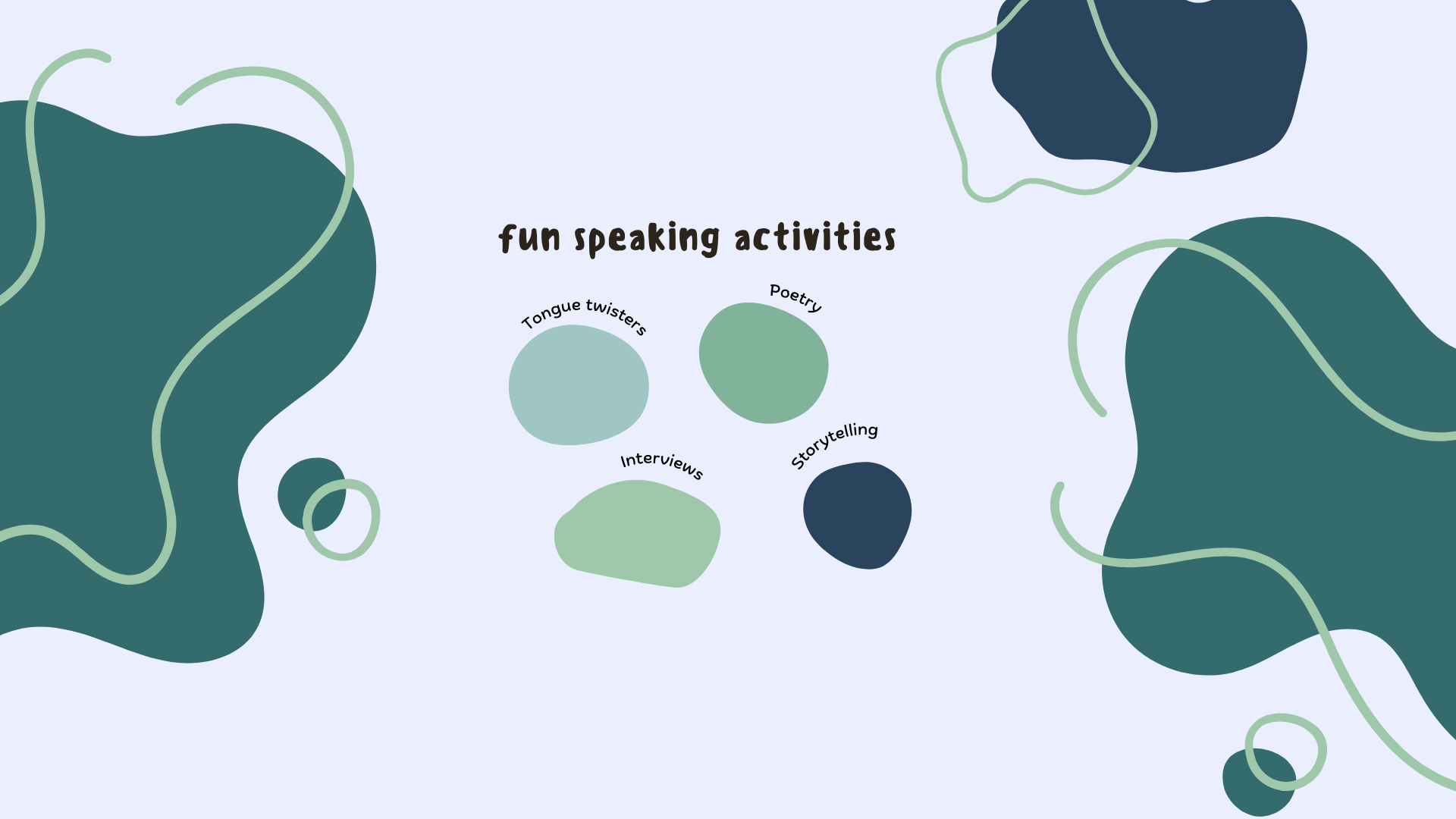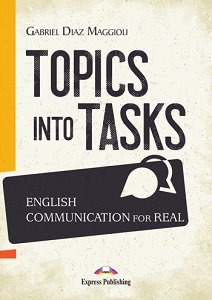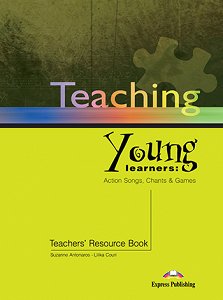As teachers, we want to create a classroom environment where our students feel safe and confident to practice their speaking skills. These fun speaking activities for ESL students will help you achieve exactly that!
Have fun with tongue twisters!
Students have great fun trying to say tongue twisters and it can be a great ice-breaker speaking activity. If you think that your students will enjoy it, you can hold a competition and do a tongue twister every week. At the end of the semester, you can vote for the class tongue twister champion!
Some tongue twister examples:
– She sells sea shells on the seashore. The sea shells she sells are shells for sure.
– Peter Piper picked a peck of pickled peppers.
– Around the ragged rock, the ragged rascal ran.
– A big black bear sat on a big black rug.
Discover more tongue twisters here!
This activity is great for practicing pronunciation and fluency.
Poetry is always a great idea!
Give pairs a poem to read together. Ask them to mark the words which will be stressed. Pairs should read the poem aloud in class so that everyone can hear the stressed words.
Choose simple poems that do not require heavy analysis but are more fun, clear, and easy when saying aloud. Recommended modern poets to try are Michael Rosen, Roger McGough, or John Hegley. You can also use nonsense verse poems, such as The Jumblies by Edward Lear.
This activity is great for enhancing reading skills, pronunciation, and intonation.
The art of storytelling!
The teacher starts by telling one or two sentences that mark the beginning of a story. One student continues the story by adding a sentence, and the next one continues where the previous one left off. The story can go in any direction, and the students can be as creative as they want.
This activity improves narrative skills while encouraging creativity and improvisation.
Interviews.
Split students into pairs. They take turns and interview each other in imaginative roles. First, they have to share their personal information (hobbies, likes, and dislikes) and then ask and respond to specific questions about the job.
This activity helps in developing great listening skills, since students need to listen carefully to each other and also practice vocabulary.









